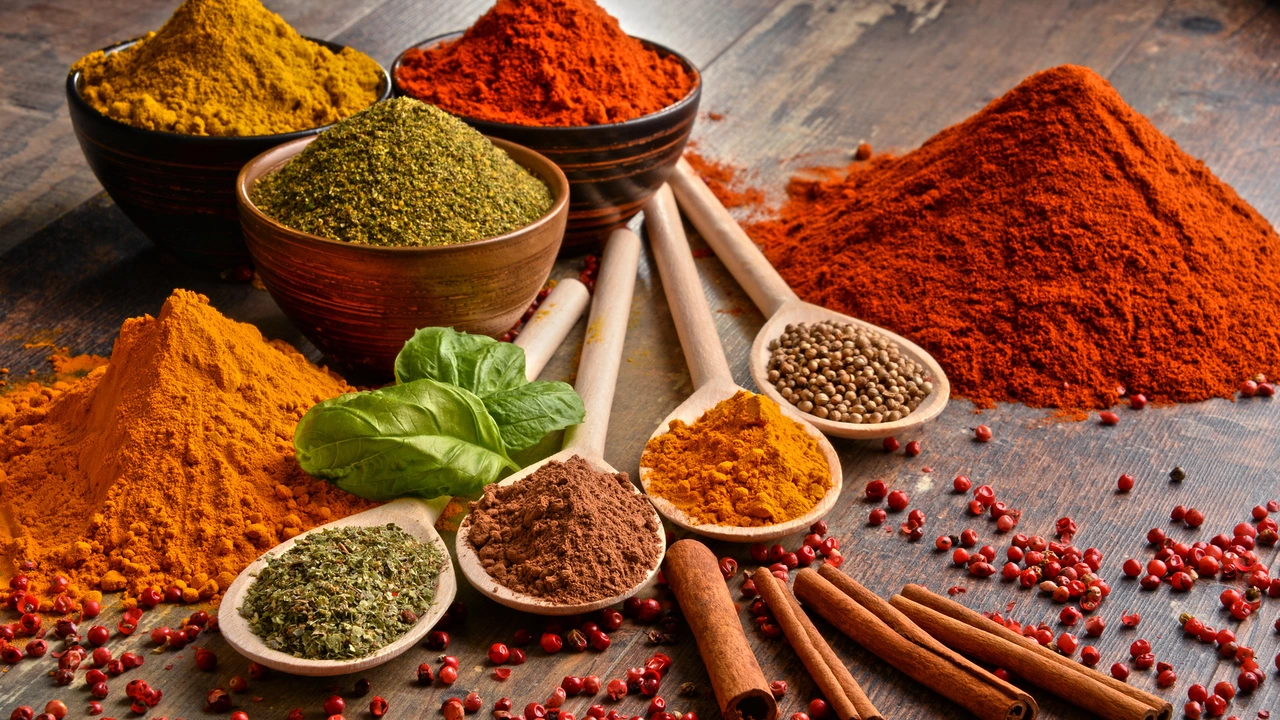In my exploration of whether one can be addicted to spices, like those in Indian cuisine, it seems the answer is complex. While there's no scientific consensus on spice addiction, many people do report craving spicy foods, which may be due to the endorphin rush experienced after consuming them. These spices, in moderate consumption, can also have various health benefits. However, overconsumption of spices can lead to health issues. So, while you might not be 'addicted' in the traditional sense, the love for spices can indeed mimic addiction-like behaviour.
Spice Addiction: What It Is and How to Break the Heat Habit
Do you reach for the hottest sauce before you even taste your dish? If yes, you might be dealing with a spice addiction. It’s not just a love for flavor – it’s a genuine habit that can affect your health, mood, and even your wallet.
Most people enjoy the buzz from capsaicin, the compound that makes chilies hot. That buzz triggers endorphins, the same feel‑good chemicals released after exercise. Over time, your brain starts to crave that rush, just like it would with coffee or sugar.
Why Your Body Gets Hooked on Heat
When you eat something spicy, your nervous system senses pain and sends a signal to release endorphins and dopamine. These chemicals create a short‑lived high, which your brain quickly learns to associate with the spicy food.
Habitual eaters also develop a higher tolerance. You need more heat to get the same “kick,” so you keep upping the spice level. It becomes a cycle: more heat → bigger high → more heat.
Signs That Your Love for Spice Has Turned Into an Addiction
• You can’t enjoy a meal unless it’s spicy.
• You experience cravings for hot sauces, chilies, or spicy snacks throughout the day.
• You feel irritated or restless when you’re forced to eat bland food.
• Your digestive system complains (heartburn, stomach pain, or diarrhea) but you keep eating spicy food anyway.
• You spend a noticeable amount of money on hot sauces and spice mixes.
If most of these sound familiar, it’s time to take a closer look at your eating habits.
Spice addiction isn’t just a nuisance; it can lead to real health issues. Chronic heartburn, gastritis, and even ulcers can develop from overloading your stomach with capsaicin. Some studies link high‑spice diets to increased risk of stomach lining irritation, especially when combined with alcohol or fatty foods.
Beyond the gut, constantly high adrenaline levels from the endorphin rush can affect sleep patterns and mood stability. You might notice you’re more anxious or have trouble winding down after a night of ultra‑spicy meals.
So, how do you curb the cravings without feeling like you’re giving up flavor? Here are some practical steps:
1. Gradual reduction. Cut the heat level by half for a week, then halve it again. Your taste buds will readjust, and the endorphin surge will become less intense.
2. Swap for milder spices. Use smoked paprika, cumin, or coriander to add depth without the burn. These spices still deliver excitement but without the same pain signals.
3. Balance with cooling foods. Pair spicy dishes with yogurt, coconut milk, or cucumber. The cooling agents help calm the stomach and reduce the urge to keep adding heat.
4. Mindful eating. Before you reach for the hot sauce, pause and ask yourself why. Is it genuine hunger, boredom, or the need for that quick high? Recognizing the trigger can break the automatic reaction.
5. Set a budget. Decide how much you’ll spend on sauces each month. When the budget runs out, you’ll be forced to explore other flavor options.
6. Stay hydrated. Drinking water won’t help much with capsaicin, but milk, almond milk, or a bit of honey‑lemon tea can soothe the burn and reduce the desire for more heat.
Remember, the goal isn’t to eliminate spice forever, just to bring it back into a balanced range. You can still enjoy a good curry or a touch of sriracha, but you’ll no longer feel trapped by the craving.
Finally, keep an eye on your body’s response. If you notice lingering pain, frequent heartburn, or sleep issues, consider chatting with a nutritionist or doctor. They can help you tailor a diet that satisfies both your taste buds and your health.
Spice adds excitement to meals, but when it starts controlling you, it’s time to take back the reins. With a few simple tweaks, you’ll reap the flavor without the side effects, and you’ll feel a lot better overall.
